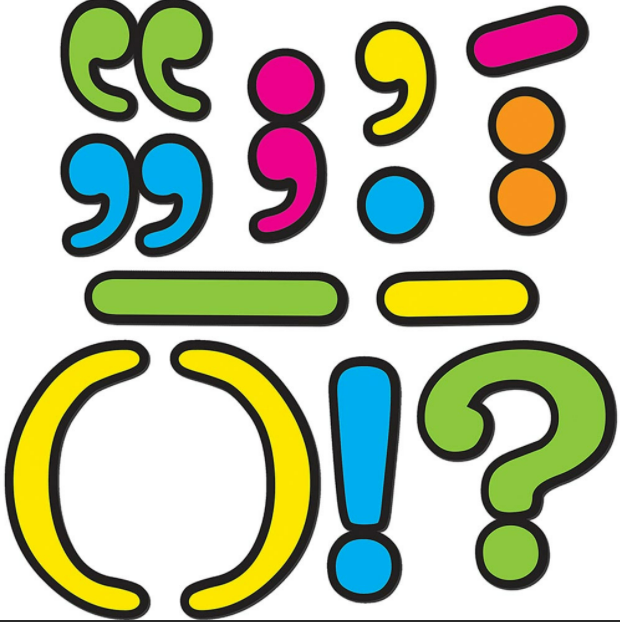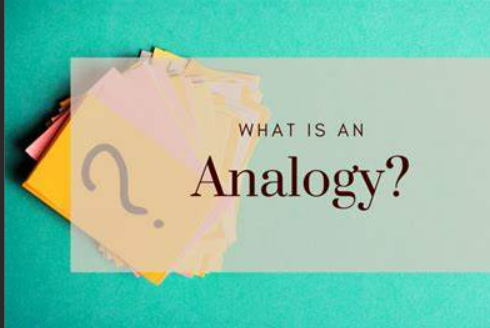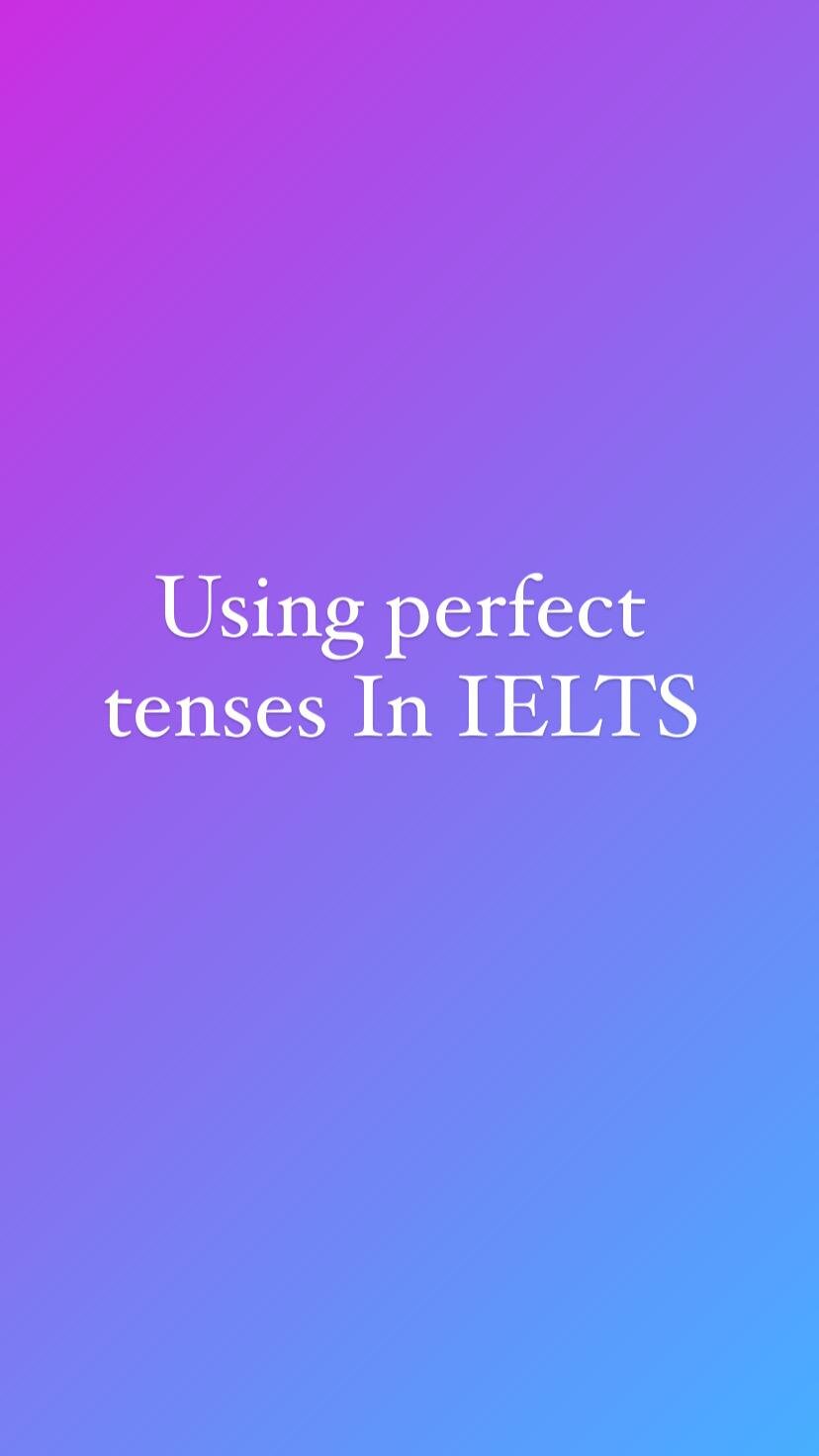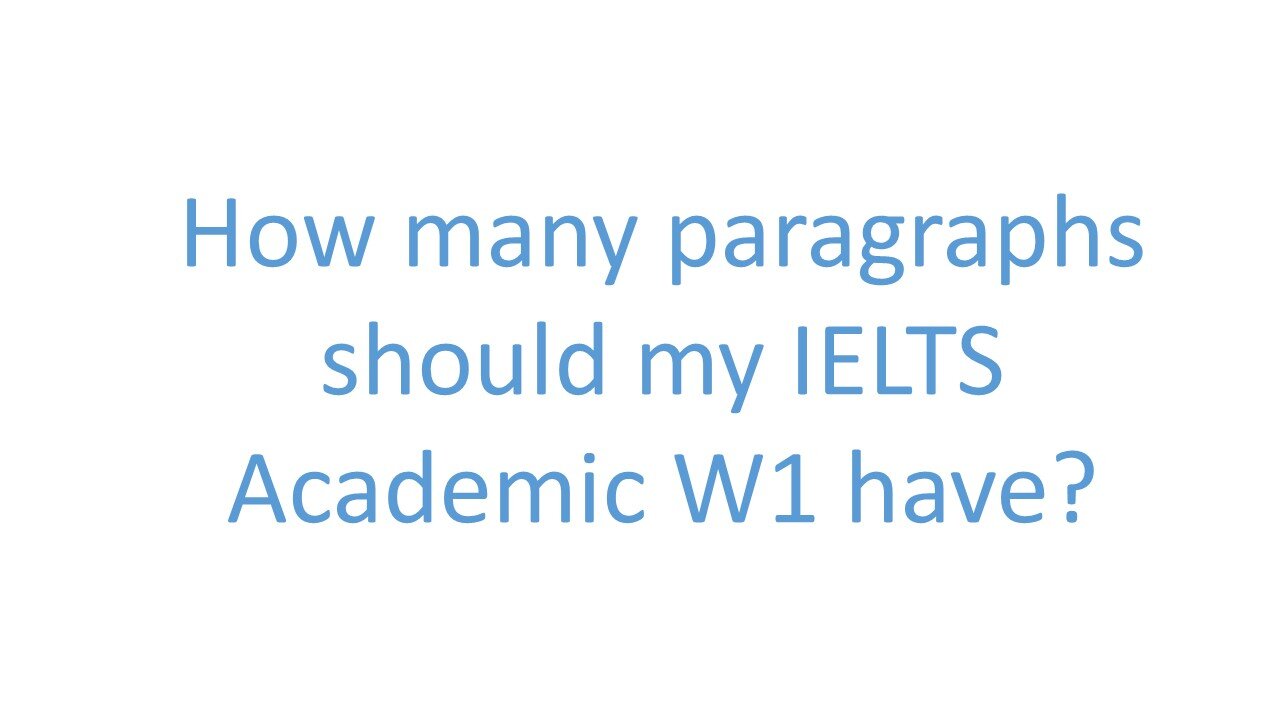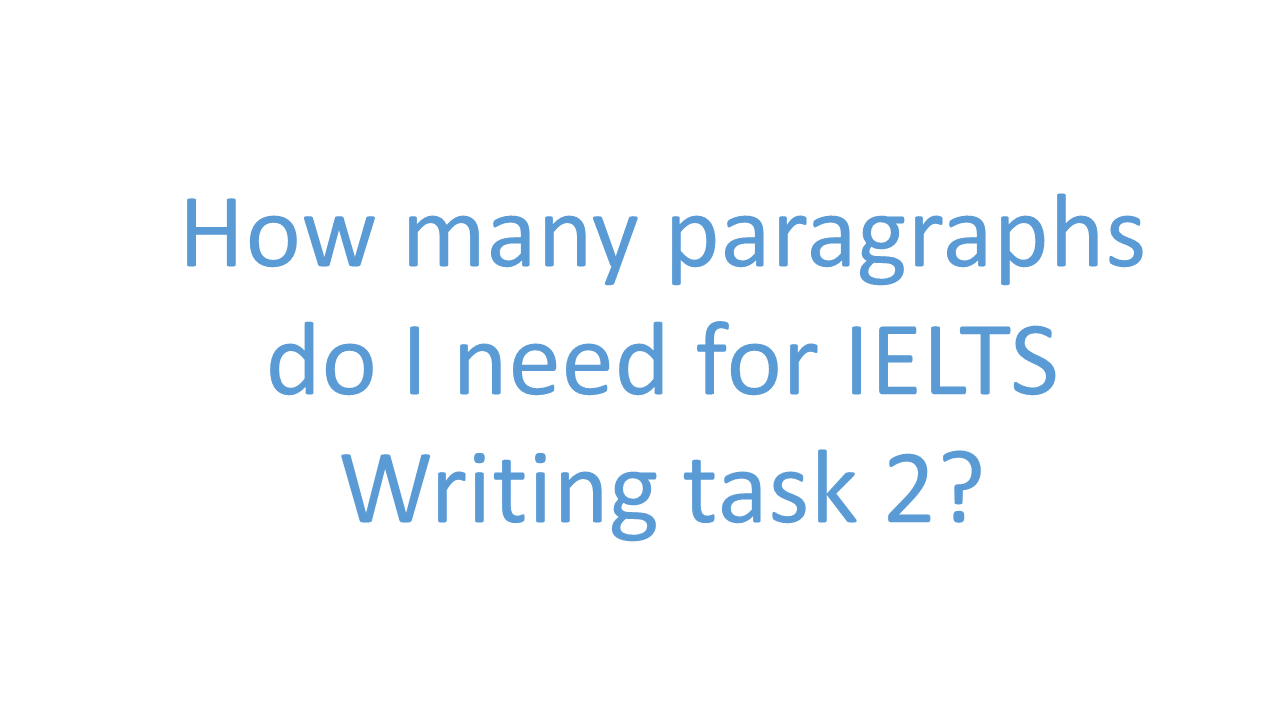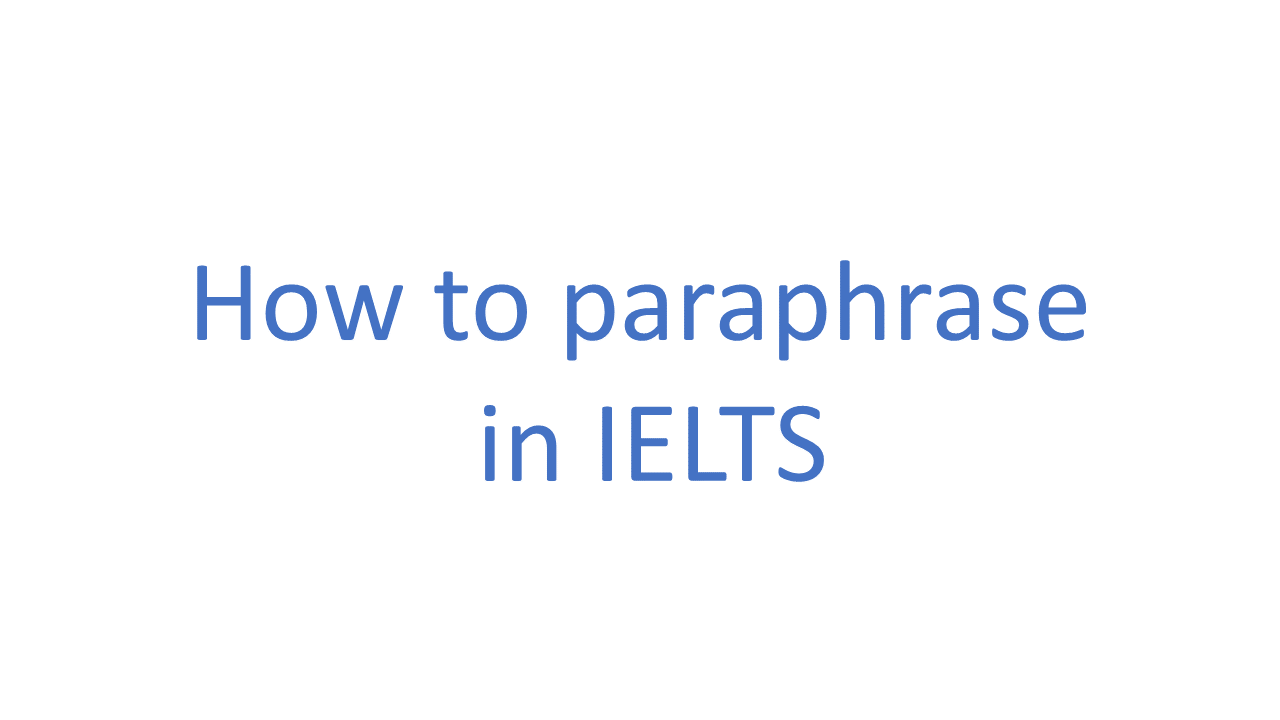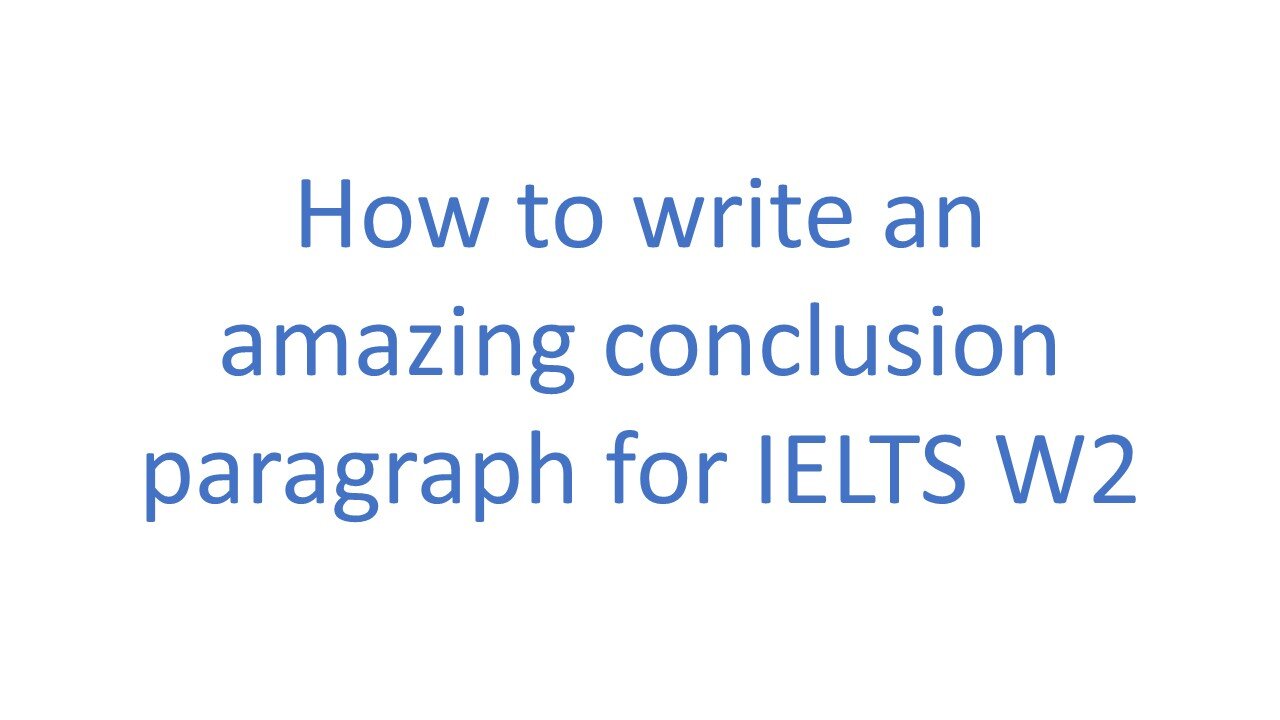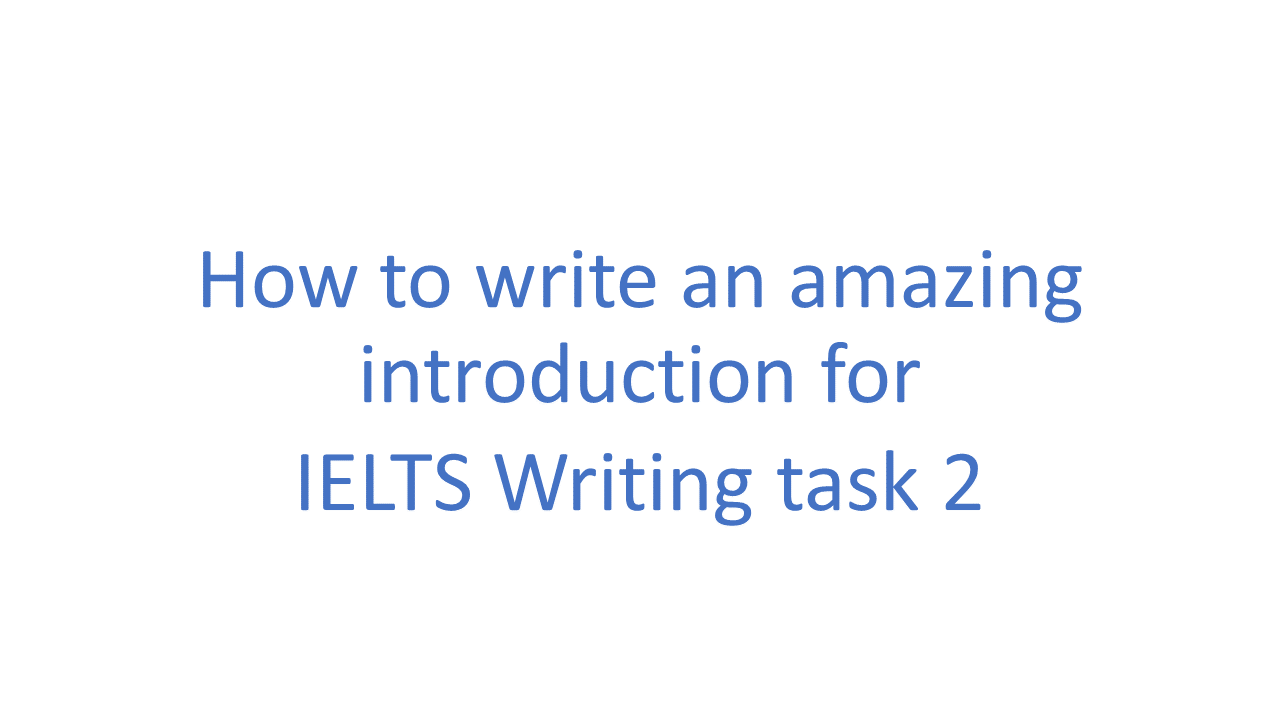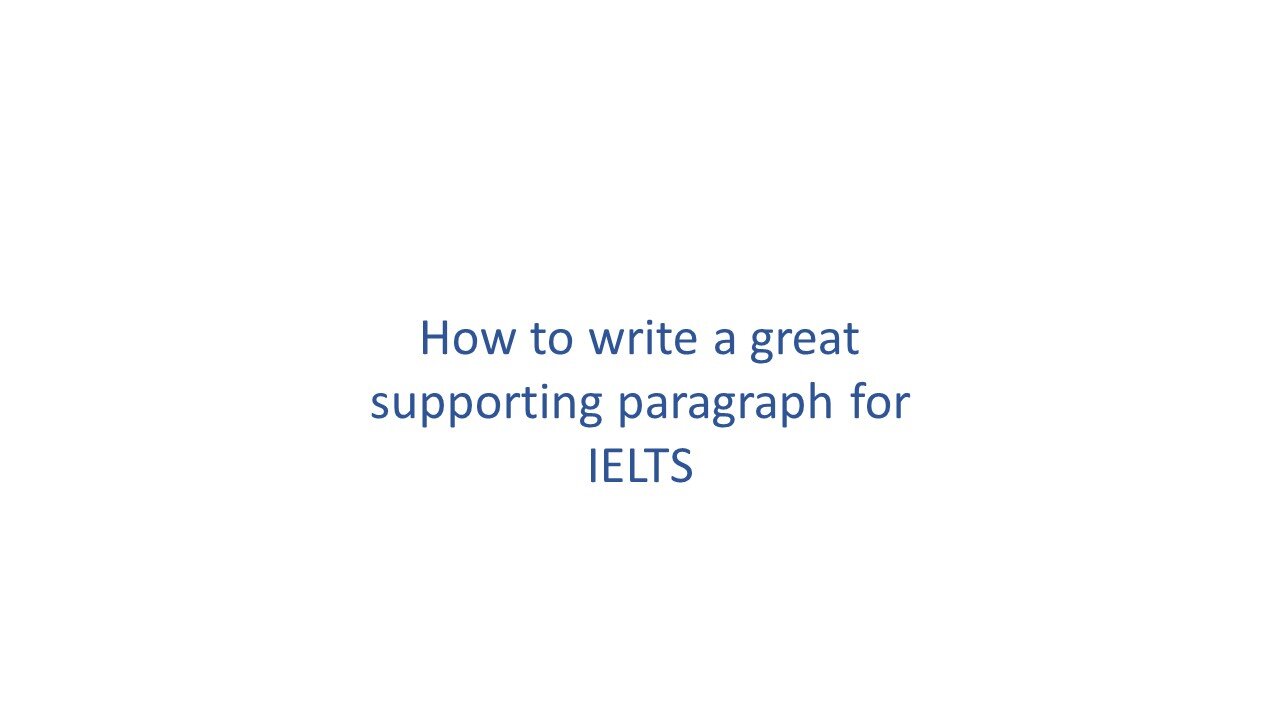IELTS Speaking Part 3 is your chance to demonstrate higher-level thinking and your ability to discuss complex topics in English. By practicing how to develop and support your ideas, using linking phrases, and structuring your responses, you can approach this section with confidence and clarity. Remember, practice is key to mastering this part of the test!
Read MoreThis part of the test can be intimidating because you're expected to speak continuously for an extended time without interruptions. However, with the right strategies and practice, you can excel.
Read MoreWhile Part 1 seems simple, giving clear and engaging answers can boost your confidence and set a positive tone for the rest of the exam. Let's dive into how you can ace this section with tips and a selection of sample questions.
Read MoreIn this blog, we'll break down the optimal length for your answers in each part of the IELTS Speaking test and provide tips on how to structure them effectively.
Read MoreIn this blog, we’ll explore the pros and cons of speaking fast and slow during the IELTS Speaking test and what approach works best for most candidates.
Read MoreOne of the key skills in effective writing is the ability to avoid unnecessary repetition while maintaining clarity. This is where referencing comes in. In writing, referencing is the practice of using pronouns or other words to refer back to previously mentioned nouns, which keeps the text concise and easy to follow.
Read MoreHere is a list of 100 Present Perfect questions you can use for IELTS Speaking practice. These questions cover a variety of common topics that may appear in the exam.
Read MoreIn the IELTS writing task 2 context, crafting a well-structured introduction is essential. It encompasses various components, one crucial element being a sentence that previews the essay's content and purpose.
Read MoreThe zero conditional expresses general truths or facts that always hold true. It is structured with the present simple tense in both the if-clause and the main clause. Here are 100 questions in the zero conditional.
Read MoreMany students use overly complex grammar in IELTS writing to impress the examiner. This misconception leads to grammatical errors and lost marks in various areas. In this post, we will explore complex sentences in IELTS writing, understanding what they entail, when to use them, and how to create them effectively.
Read MoreBoost your IELTS score by learning how to use Colons, Semi-colons, and Parentheses.
Read MoreAnalogies are a great way for more advanced IELTS students to take their writing to the next level.
Read MoreOne key skill that examiners are looking for is your ability to use different grammatical structures and tenses within the test. Lower level students will often stick to simple tenses which can limit their ability to properly express certain ideas. Mastering the perfect tenses will allow you to boost your range and to express yourself with greater confidence and fluency.
Read MoreParagraphing is an essential skill for both IELTS writing task 1 and 2. If you look at the band descriptors you will find that the Coherence and Cohesion category accounts for 25% of your overall score. Coherence and Cohesion means that you are able to correctly link your ideas together and make good use of paragraphing.
Read MoreParagraphing is an essential skill for both IELTS writing task 1 and 2. If you look at the band descriptors you will find that the Coherence and Cohesion category accounts for 25% of your overall score. Coherence and Cohesion means that you are able to correctly link your ideas together and make good use of paragraphing.
Read MoreIn the following article, I will teach you how you can use academic idioms to boost your score for IELTS writing.
Read MoreParaphrasing is a very important skill if you want to succeed in the IELTS test. You are expected to paraphrase in both the speaking and written examination to demonstrate your wide vocabulary range.
Read MoreIn this article, I will show you how you can write effective high-scoring conclusions for IELTS. This lesson is suitable for those both taking the general and academic tests.
Read MoreIn this article I will discuss:
1/ common mistakes that people make
2/ the structure of an introduction paragraph
3/ how to write an introduction paragraph with examples
Read MoreIn this article I will cover:
1/ the structure of a good IELTS supporting paragraph
2/ examples of good and bad supporting paragraphs
3/ transitional words and phrases to help you start your sentences
Read More










